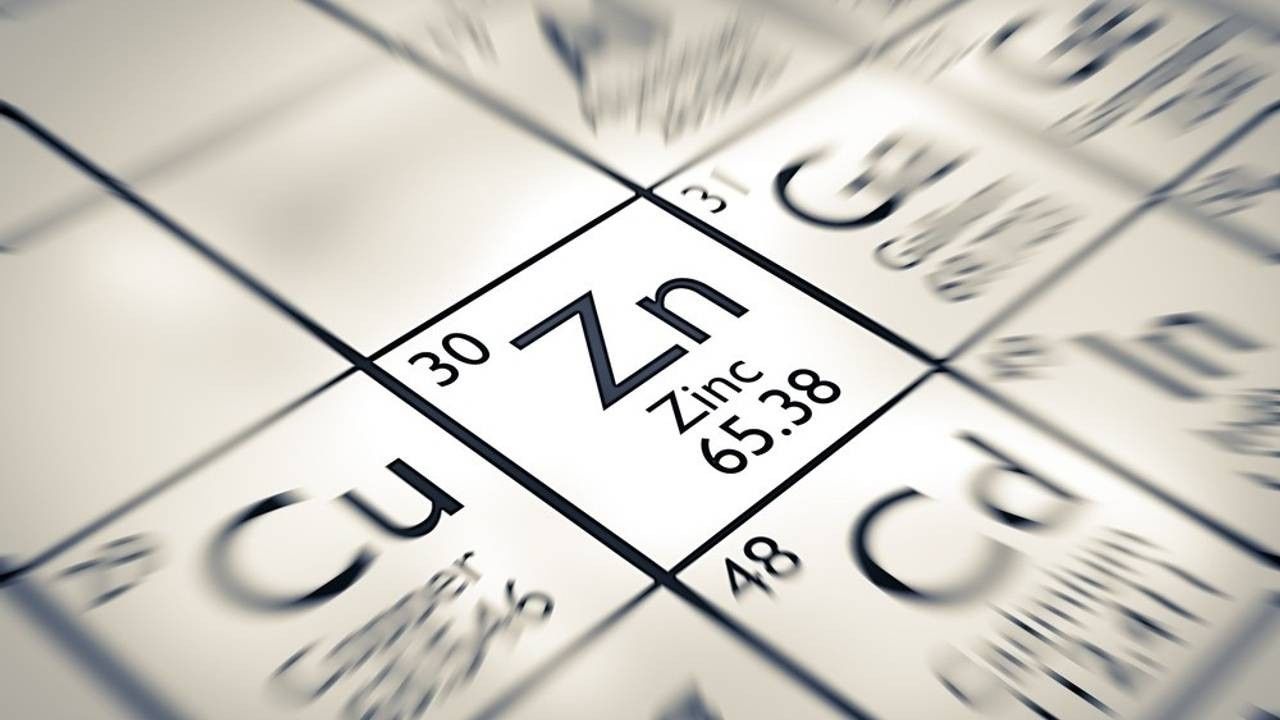Zinc for Menopause

Minerals for Menopause Webinar Many of you have probably heard of zinc over the last few years. It is a wonderful consideration when it comes to immune health. But even with its benefits becoming more widely known it's still thought that about 50% of the population is deficient in this marvelous mineral.
Zinc is primarily found in animal sources so vegans and vegetarians are at the greatest risk of deficiency.
Let’s start with some general uses of zinc.
As mentioned before zinc is one of the first nutrients considered for immune health. We need adequate zinc to produce immune-specific cells such as neutrophils and lymphocytes. It plays a role in supporting both your innate and your acquired immunity.
It is needed for all your special senses, think taste, smell, sight, and hearing. Interestingly the largest amount of zinc can be found in your ears! And the second-highest concentration in your eyes! So if you want to continue to enjoy the finer things in life, like vision and hearing you may like to check you have optimal levels of this mineral.
Zinc also plays a crucial role in skin and mucous membrane health. Skin is the drier external version of your inner mucous membranes. Both of these structures I think of as being like a brick wall or a barrier. They help keep your insides in and keep out everything else. Zinc is a key building block here, I imagine it as being the bricks in the wall and I consider your good oils as being the mortar that holds it all in place, Signs your skin needs more zinc includes acne, stretch marks, and poor healing in general. Signs your mucous membranes need more zinc include dryness, as zinc can help improve your ability to self lubricate. I’m not sure if you have put the 2 and 2 together but your female reproductive system has a mucous membrane lining? There has actually been a successful pilot study looking at using a zinc-based gel to help restore vaginal lubrication.
For those of you still menstruating zinc deficiency can also cause heavier more painful periods and can leave you at greater risk of developing uterine fibroids.
Another study looked at testosterone levels and sexual satisfaction. It found that zinc had a significant impact on improving libido, sexual function, and satisfaction in postmenopausal women. It’s possibly why oysters are linked to romance, as they are a leading source of dietary zinc.
When it comes to other aspects of hormonal health it depends on where you sit in your transition. If you are in peri-menopause, we need zinc to help with the production of FSH and LH. These 2 key hormones help regulate our cycles and stimulate ovarian production of our reproductive hormones.
If you are in post-menopause, it is needed for aromatase activity, aromatase is the enzyme responsible for the conversion of androgens into estrogens, and this is the primary form of estrogen from post-menopause onwards.
Have you been experiencing hair loss? Zinc plays an important role in keeping oil glands surrounding your hair follicles healthy and this may reduce hair loss in women.
One of the most significant concerns in post-menopause is osteoporosis, did you know zinc deficiency is linked with poor bone density? Another concern is sarcopenia, this is the loss of muscle mass and if you guess zinc deficiency plays a role here too you would be correct.
You are probably wondering by now if it's possible to test for your zinc levels to assess if you need to increase this essential nutrient and the answer is yes. There are many ways to do this but I standardly use a blood test to assess for zinc levels but I don’t just test for zinc. I normally do a zinc and copper ratio test. This lets me assess both nutrients and the ratio between them, as copper and zinc work in opposition to each other. This isn’t a standard blood marker it’s a specialty test that not many providers use but I personally find it extremely helpful.
I hope today has piqued your curiosity about zinc and minerals in general, if you are ready to learn more consider watching the minerals webinar replay. Minerals for Menopause
Please know I don’t encourage self-prescription, every supplement, even natural ones have cautions, interactions, and contra-indications. Please seek professional advice before starting a new supplement regime.


